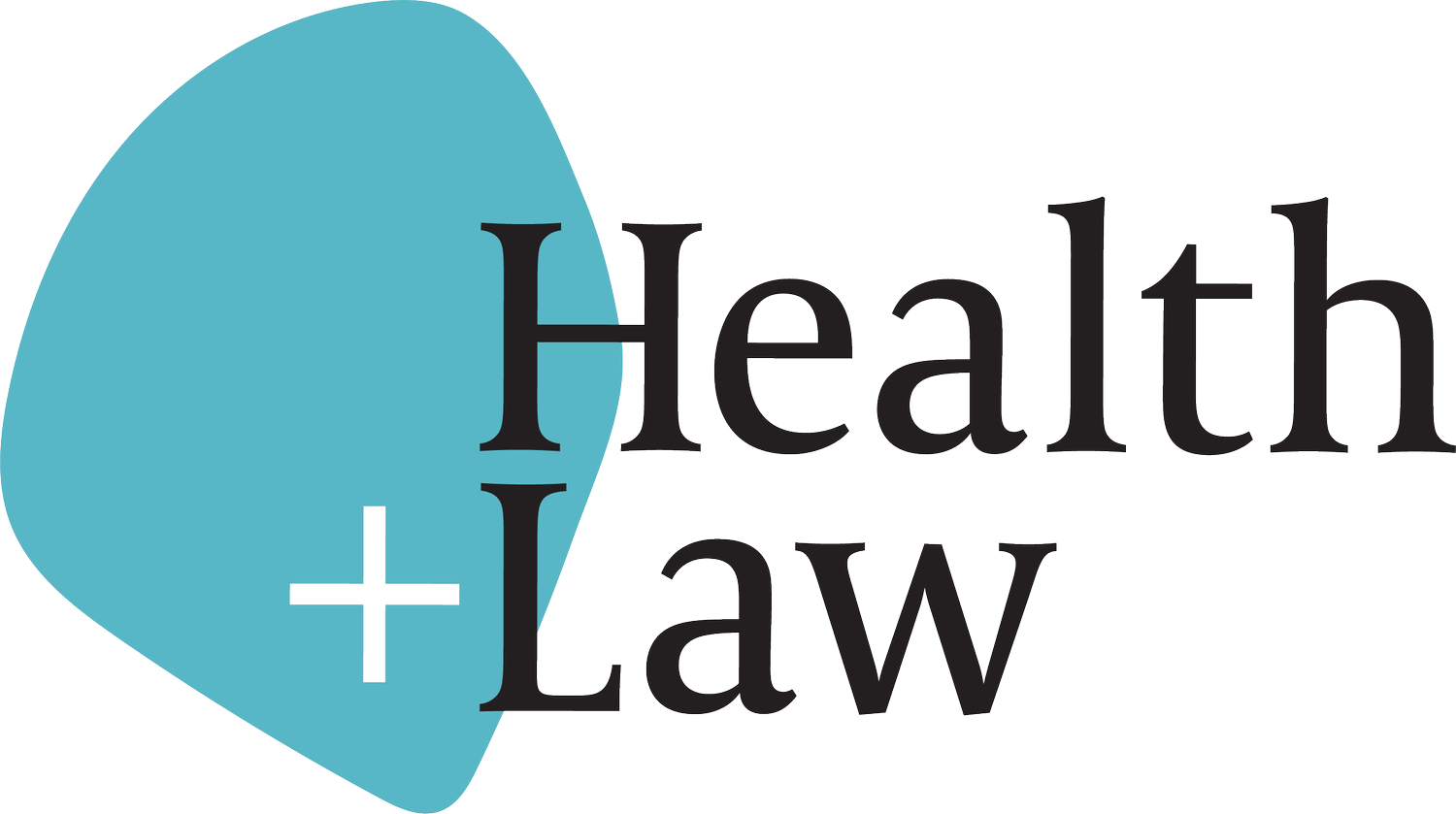Health Justice in Action: How Partnerships Work to Create Meaningful Change
Professor Bronwen Morgan in conversation with Associate Professor David Carter (Health+Law), Aaron Cogle (NAPWHA) and Dianne Anagnos (Kingsford Legal Centre).
How do law and health intersect? Can healthcare and legal sectors genuinely collaborate to support vulnerable people facing interconnected health and legal problems? What does that look like in practice? These and other questions animated a recent event titled ‘Health Justice in Action: Research, Advocacy and Practice’ focused on why combining legal, health and community expertise matters.
Alongside our own Research Lead Associate Professor David Carter, the discussion included Aaron Cogle, the Executive Director of the National Association of People with HIV Australia, who are one of the Health+Law key partners, and Deputy Director of the UNSW Kingsford Legal Centre Dianne Anagnos.
Part of UNSW’s Progress for All talk series, the conversation shone a spotlight on and expanded existing conversations about health justice partnerships, like that operated by Kingsford Legal Centre, where health and legal expertise come together to address issues that have both a legal and a health angle. Examples of these types of issues include debt or other financial challenges, housing problems, family violence, or migration issues – all of which can act in ways that complicate access to health care. Or, people might be experiencing health issues that lead to, or exacerbate, legal vulnerability. These might be complex issues, or more simple ones.
In its most traditional model, a health justice partnership involves placing legal professionals in healthcare settings, which aims to facilitate quick and efficient referrals and sometimes leads to the early identification, prevention or resolution of problems. But there is a myriad of ways in which legal and health expertise and interventions might happen. As Professor Bronwen Morgan, UNSW Law & Justice’s Director of Impact and Engagement, who chaired the conversation said, ‘health justice is a theme that cuts across all others’. There is much opportunity to innovate at this intersection, and particularly to integrate law more effectively into public health systems.
Legal environments shape health outcomes. The conversation highlighted how law can operate as an obstacle to accessing health care, and how these obstacles can be hiding in plain sight. David Carter shared the story of a participant from Health+Law’s LeNS study who delayed HIV testing for fear of prosecution, on account of his migration status. ‘This was not a failure of medicine,’ David said, ‘it was a failure of law.’ The example was a vivid reminder of how outdated legal frameworks can shape health outcomes as powerfully as any clinical factor.
It is also an example of when legal expertise and support ensure public health goals are achieved and healthcare systems operate more effectively. Dianne Anagnos described how the Kingsford Legal Centre’s health justice partnership with Prince of Wales Hospital has supported more than 600 clients. ‘We’re saving health workers up to three hours a week’, Anagnos explained. ‘One called us “1800-Dial-a-Lawyer”’, she said, indicating how practical collaboration can free up care and expand access to justice.
Aaron Cogle spoke to some of the wider stakes of considering the role of law in public health. ‘You can’t come forward for testing if every time you do, you’re at risk of prosecution’, he pointed out, gesturing to both the history and ongoing existence of laws that criminalise HIV. His call for law reform that is underpinned by sound, up-to-date, humane public health goals captured one of the event’s core themes: that laws should enable care, rather than inhibit it.
The conversation illuminated the ‘why’ of health justice and of the partnerships that make them happen: that integrated support, responsive to the needs of community members, requires an interconnected health and legal response. The breadth of these partnerships was also on display, with lawyers, clinicians, patients and their families, joined by other key players, including researchers and the representative organisations led by affected communities. When law, health care, research and lived experience meet, they make real change possible.
We’re hugely grateful to UNSW Law & Justice for inviting us to take part in this event, and to all who joined us in exploring health justice in action. The Progress for All series continues in 2026 with events on First Nations justice, democratic constitutionalism, climate crisis, and AI.


